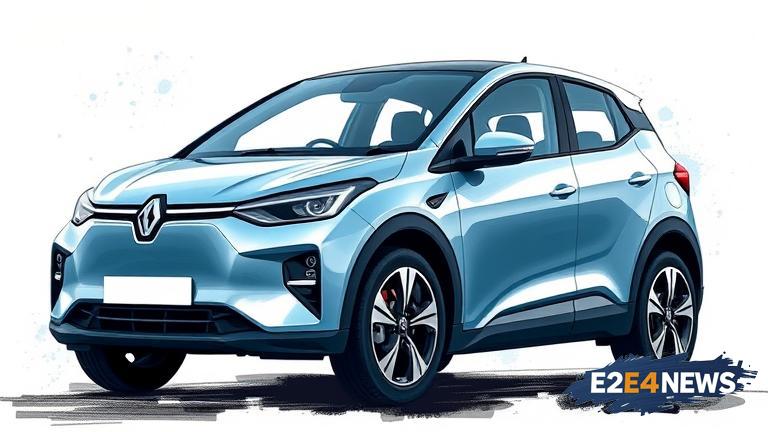The Indian government has announced a comprehensive plan to promote the adoption of electric vehicles (EVs) in the country. The plan includes a range of incentives and initiatives to encourage the use of EVs, including subsidies for manufacturers, tax exemptions for buyers, and investments in charging infrastructure. The government has set a target of having at least 30% of new vehicle sales be electric by 2030. To achieve this goal, the government will provide subsidies to manufacturers to help them reduce the cost of EVs and make them more competitive with traditional fossil fuel-based vehicles. Additionally, the government will exempt EVs from certain taxes, such as the goods and services tax (GST), to make them more affordable for consumers. The plan also includes investments in charging infrastructure, with the government aiming to set up at least 10,000 charging stations across the country by 2025. This will help to address one of the major concerns for potential EV buyers, which is the lack of charging infrastructure. The government will also work with state governments to develop EV-friendly policies and regulations, such as allowing EVs to use bus lanes and providing preferential parking. Furthermore, the government will encourage the use of EVs in public transportation, such as buses and taxis, by providing subsidies and other incentives. The plan is expected to have a significant impact on the environment, with the government estimating that it will help to reduce greenhouse gas emissions from the transportation sector by at least 20%. The plan is also expected to create new job opportunities in the EV sector, with the government estimating that it will create at least 10,000 new jobs by 2025. The Indian automotive industry has welcomed the plan, with many manufacturers already investing in EV technology. The plan is seen as a major step forward for the Indian EV sector, which has been growing rapidly in recent years. However, there are still challenges to be addressed, such as the high cost of EVs and the lack of charging infrastructure in rural areas. The government will need to work closely with the private sector and state governments to address these challenges and ensure that the plan is successful. Overall, the plan is a significant step towards reducing India’s dependence on fossil fuels and promoting sustainable transportation. The government is committed to making India a leader in the global EV sector, and this plan is a major step towards achieving that goal. The plan will also help to improve air quality in Indian cities, which is a major concern due to the high levels of pollution. The government will work with cities to develop EV-friendly policies and regulations, such as low-emission zones and congestion charging. The plan is expected to have a positive impact on the Indian economy, with the government estimating that it will help to increase economic growth by at least 1%. The plan will also help to reduce India’s dependence on imported fossil fuels, which will help to improve the country’s energy security. The government will continue to monitor the progress of the plan and make adjustments as needed to ensure that it is successful. The plan is a major step towards achieving India’s climate change goals, which include reducing greenhouse gas emissions by at least 33% by 2030. The government is committed to making India a leader in the global effort to address climate change, and this plan is a major step towards achieving that goal.
